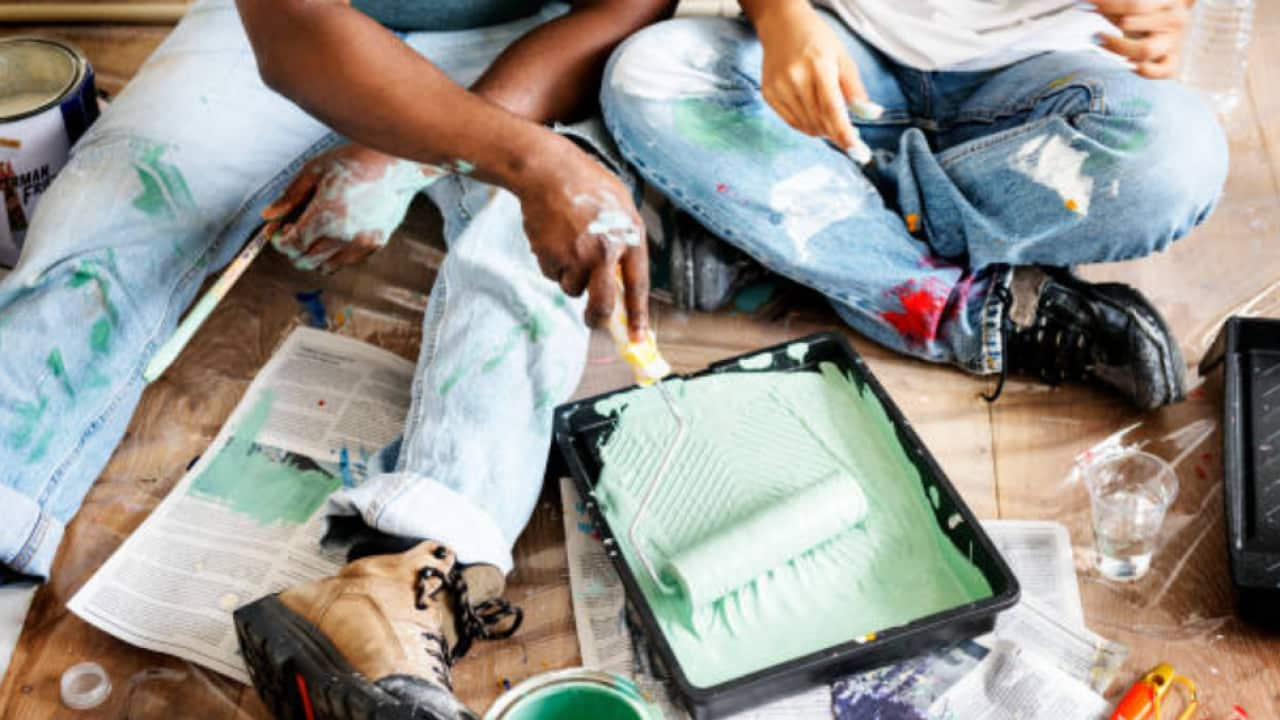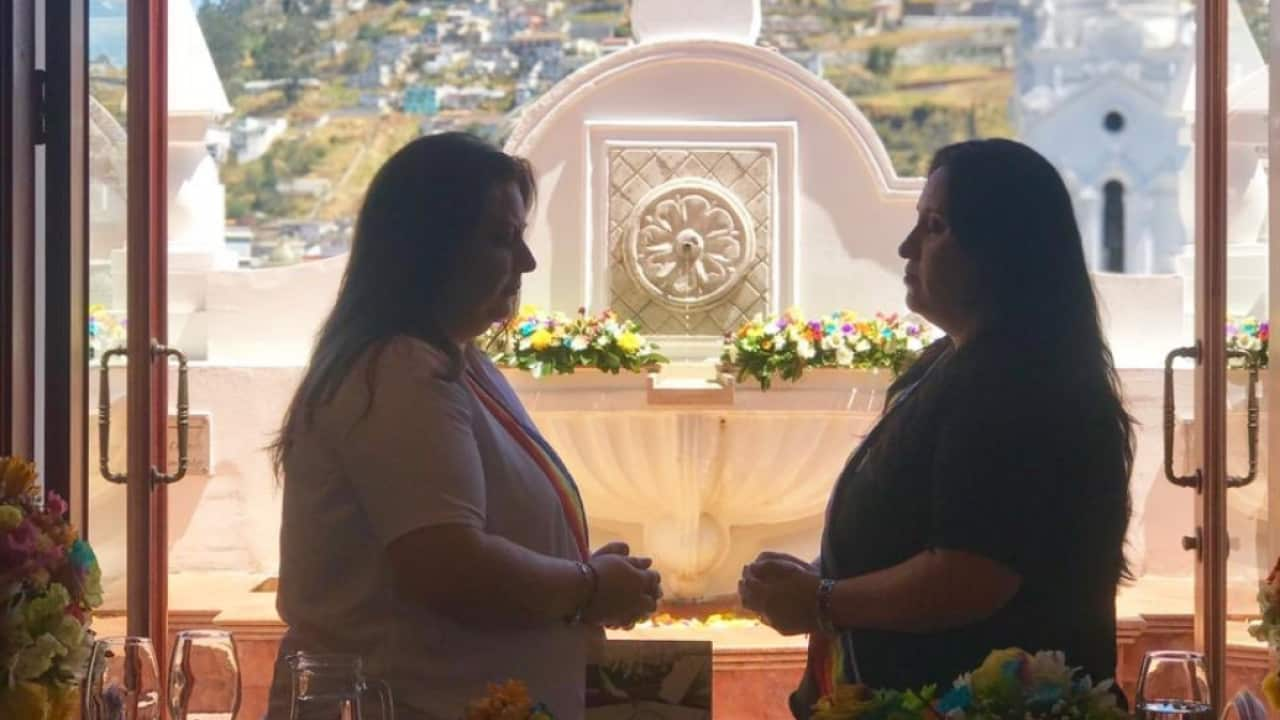As a little girl, I would listen to stories my grandma would recount about her life in Turkey. On one occasion, she told me the story of how my grandpa and she met, and let's just say I was surprised. After attending a wedding with her family, my grandma suddenly found herself in the midst of a matchmaking craze.
You see, Turkish weddings back in those days were more than just a day of celebration, but were also the foundation place for families to set up their sons or daughters with an eligible partner. Confronted with the curious stares of Turkish mothers, one could almost hear the silent questions linger in the air.
"Who is this girl?", "Do I know her family?", "Is she single?".
After attending a wedding with her family, my grandma suddenly found herself in the midst of a matchmaking craze.
Clearly, in this scenario, my grandpa's parents took a liking to my grandma, and a year later they were already married and expecting their first child together (my dad).
Of course, these kinds of traditions don't really exist anymore. Or at least that's what I thought.
Recently I attended a friend's wedding and was feeling excited and grateful to celebrate her big day. Wearing my favourite sparkly gold dress, I made my way to a Grand Ballroom in Lidcombe. All I could think about was having a good time and dancing along to the exuberant beat of the davul and zurna (traditional Turkish drums)…that was until I almost walked out with a husband of my own.
A few weeks later, I received a text message from my friend (the bride) telling me that one of her guests had seen me at the wedding, and was interested in meeting me.
"I've known him for a veryyyy long time and he is such a beautiful person. Very clean heart….I thought you two would look perfect together", read her text.
I was horrified. My mind immediately took me back to my grandmother's story. Was I seriously about to experience the same fate she did 50 years ago?
I was horrified. My mind immediately took me back to my grandmother's story. Was I seriously about to experience the same fate she did 50 years ago?
Well, it's safe to say that times have changed and that the Turkish culture here in Australia has a much more modern approach to the idea of "dating" and "marriage".
Despite being taken aback at first, I considered whether I wanted to meet this man. After much careful consideration, I decided I wasn't ready to be in a serious relationship, and responded to the text with a simple, "Thank you for asking, but unfortunately, I'm not interested in dating anyone at the moment".
Being a 21-year-old young woman, who’s just about to graduate from university, I feel like this is the perfect time for me to grow and expand as a person. With hopes and dreams of travelling the world, gaining experience in an actual work environment, and spending quality time with my family and friends, I believe that starting a relationship will only detract me from goals.
It was such a liberating feeling to know that as a young Turkish woman, I have and always will have the ability to make my own choices in life. Comparing my own experience to my grandma's made me realise that she was never given the chance to know her partner, or even have a say in whether she wanted to be with him. Back then, only your elders could make those choices. Lucky for me, we now live in a time where we can make our own decisions.
That being said, the Turkish culture is still very traditional and present here in Australia, and this is reflected through the stages of getting married.
That being said, the Turkish culture is still very traditional and present here in Australia, and this is reflected through the stages of getting married. It starts with kiz isteme, where the groom's family visits the bride's family to ask the girl's hand in marriage. It is usually expected that the girl makes Turkish coffee for everyone present, and to deliberately mix salt into the groom's coffee. The reason for this is because, if he makes a face showing his rejection of the bitter taste, it’s supposed to show that he is not able to accept or fully love his bride, (this, of course, is now done for playful banter only). Once the father of the bride gives his blessing, a promise is made and a red ribbon attached to two rings is cut.
Henna night is also culturally important for us Turks. Usually celebrated the night before the wedding, the Henna night is a symbolic occasion, as the bride and all of her female friends and family members gather together and wish her farewell. Before the henna ceremony, the bride will change into a bindali and have a red veil cover her face. With henna sitting in the palm of her two hands, the bride is seated next to the groom in the centre of the room, where girls holding candles walk in a circle around them singing the traditional song, "Yuksek Tepelere". This is usually the cue for the bride to start balling her eyes out.
Looking at these traditions makes me realise how beautiful of a thing it is to be able to carry on our culture so prominently here in Australia, especially when it comes to one of the most important chapters of our lives.
Looking at these traditions makes me realise how beautiful it is to be able to carry on our culture so prominently here in Australia, especially when it comes to one of the most important chapters of our lives. But reflecting on my grandma's story also reminds me how lucky we are to continue on these traditions while having the ability to make our own choices.




